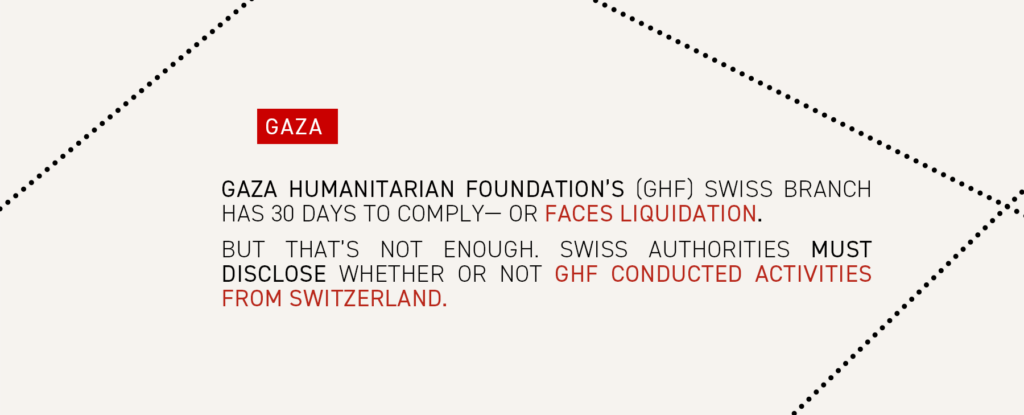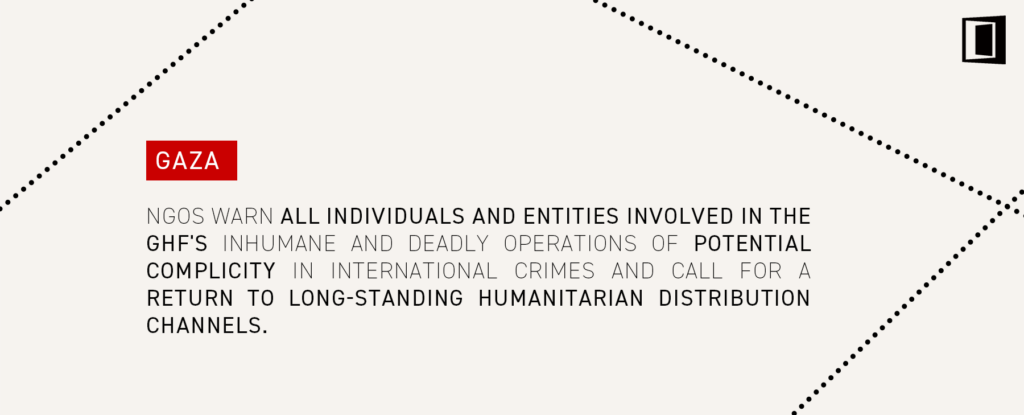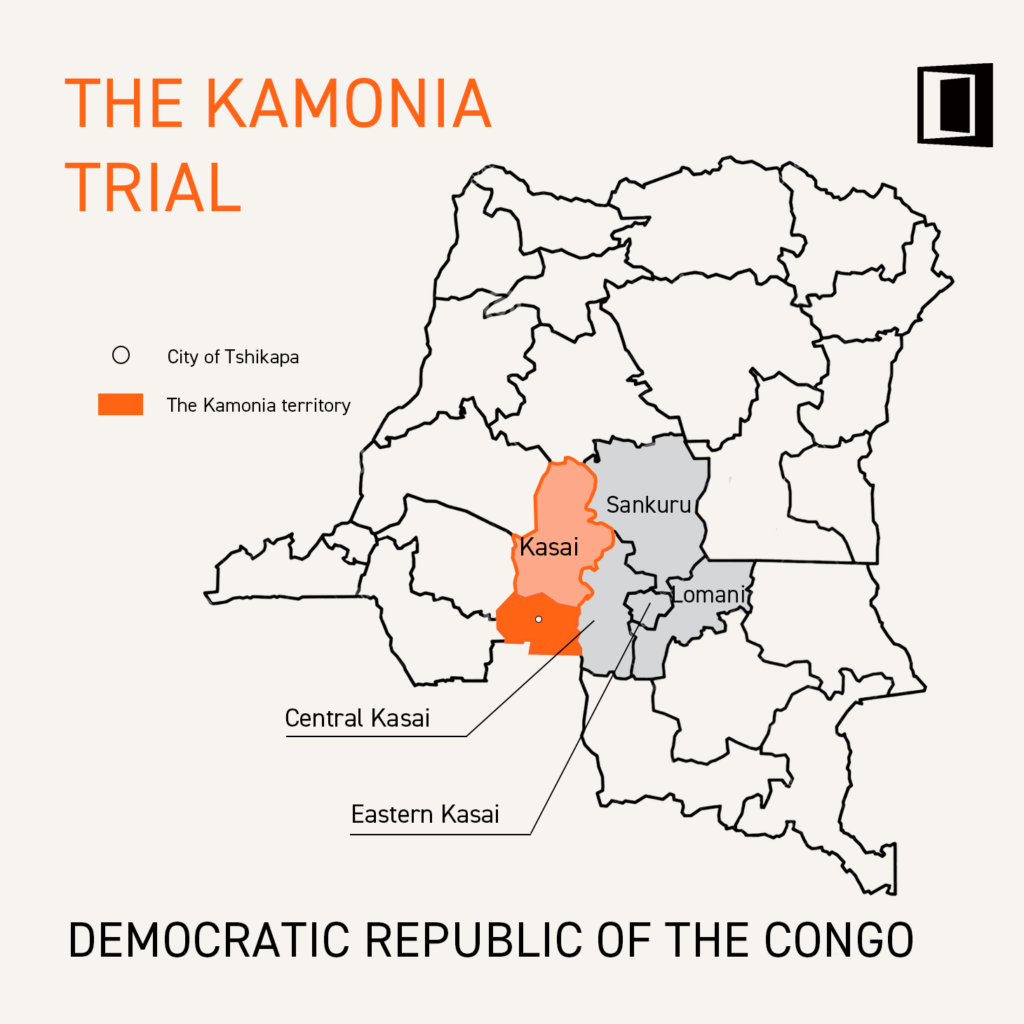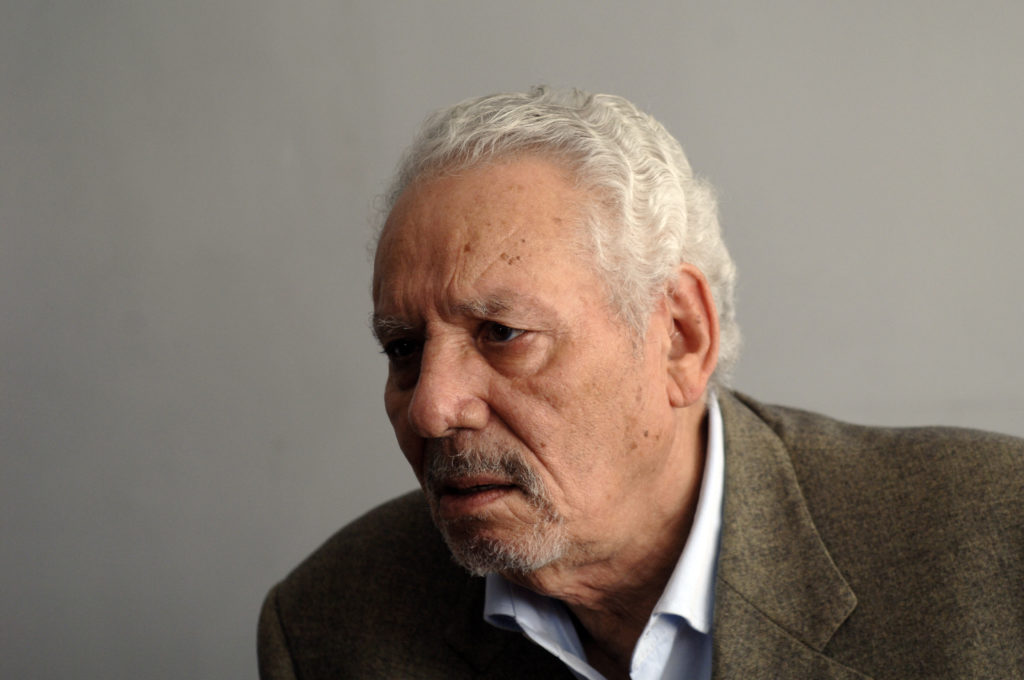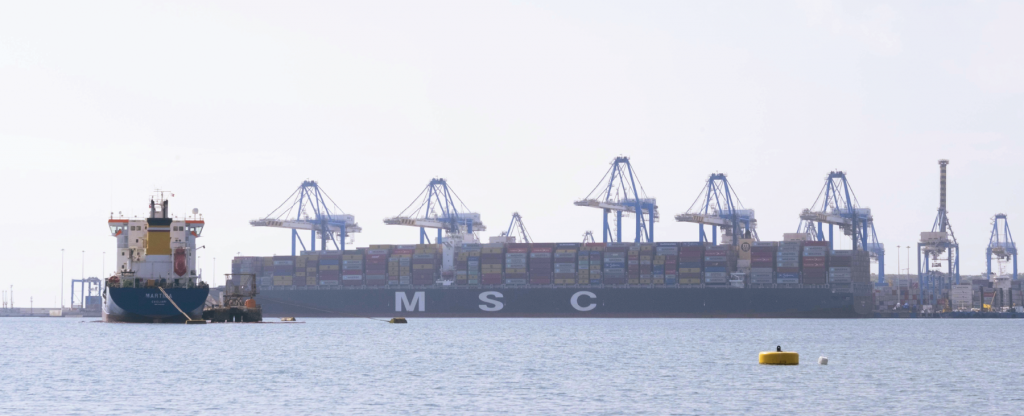How Meta should approach preserving content depicting potential war crimes
TRIAL International wishes to submit a Public Comment to the Oversight Board replying to the following issue: How Meta should approach preserving content depicting potential war crimes, in relation to case number 2023-004-FB-MR, referred to the Board by Meta in March 2023, and concerning the “Armenian prisoner of war video”
 © TRIAL International
© TRIAL International
Public Comment submitted by TRIAL International
TRIAL International strongly believes in the importance of preserving content depicting potential international crimes in order to facilitate ongoing and future investigations and prosecutions. Taking into account the specific facts of the case, which include potential acts of torture and other human rights violations, TRIAL International wishes to bring to the attention of the Board the following general recommendations:
- Meta should develop and implement a specific policy on preserving and archiving content depicting potential crimes under international law – i.e. gross violations of international human rights law and serious violations of international humanitarian law. Meta policy should not only refer to war crimes, as mentioned in the Oversight Board question, but encompass also content that might be relevant for the other core crimes codified in the Rome Statute of the International Criminal Court (ICC), i.e. genocide, crimes against humanity and aggression. Moreover, pursuant to international law, this list should also include the crimes of torture, enforced disappearance, extrajudicial execution, and slavery, even when committed as stand-alone crimes and according to the definitions provided in the relevant international legal instruments.
- Meta policy must be in accordance with, and informed by, relevant principles of international human rights law, international humanitarian law – in case of a link to an armed conflict –, international criminal law and any other bodies of law applicable to the situation at hand, including relevant privacy laws and data protection regulations. The policy should be applicable to all the contexts where Meta operates and international crimes are allegedly being committed. It should not be the object of a specific external request but be applied automatically in an independent and impartial manner.
- Meta policy must provide clarity over criteria of identification, removal and archiving of relevant content depicting potential international crimes and, where appropriate, its supply to judicial authorities or any person or group with a legitimate interest in such contents. Although the removal of certain type of content has important reasons – including allowing Meta to protect users, not facilitating the commission or repetition of violent acts and preventing (re)traumatization – permanent deletion by the company might result in the loss of important evidence. Therefore, TRIAL International joins other human rights organizations calling on Meta to timely preserve content depicting international crimes and all information associated with the said content, including metadata – retaining chain of custody.
- Following recommendations made by multiple actors, including human rights organizations, Meta should help develop or participate to digital evidence lockers or other types of archiving mechanisms preserving potential evidence of international crimes for investigation and prosecution purposes. Those mechanisms must be in accordance with human rights, privacy laws and other applicable data protection regulations.
- In preserving the relevant content, it is necessary to bear in mind that prosecution of international crimes often happens several years after the crimes have been committed and can take place outside the country of commission, for instance pursuant to the principle of universal jurisdiction. Therefore, a number of national prosecuting authorities might open investigations over crimes committed in those contexts. Moreover, international mechanisms, permanent or ad-hoc, might be created to deal with specific situations involving the commission of international crimes, including investigative (such as UN Commissions of Inquiry, Fact Finding Missions, Independent Investigative Mechanisms etc.), judicial (such as international and hybrid Courts and Tribunals) and quasi-judicial (such as Truth Commissions and other transitional justice institutions) mechanisms. Considering the increasing importance of open source gathered content in those proceedings (see for instance the Arrest Warrant in the al-Werfalli case at the ICC, largely based on open source evidence), it is fundamental that Meta not only responds to specific requests, but proactively collaborates with law enforcement agencies, in accordance with human rights standards, and the different international justice mechanisms, including those with the specific mandate to collect potential evidence of the commission of international crimes.
- Moreover, Meta should engage with civil society organizations documenting international crimes and gross human rights violations in an optic of collaboration. Meta should provide those organizations with a focal point in order for them to request specific content to be preserved if needed and/or access to specific archived content – in accordance with applicable laws and subject to specific conditions and purposes. The collaboration might be mutually beneficial as civil society organizations could share relevant information alerting Meta over situations of potential international crimes that might require specific attention.
Conclusions
In conclusion, TRIAL International recommends that Meta approaches the preservation of content depicting potential international crimes by:
- Implementing an independent and impartial policy, in accordance with, and informed by, applicable laws – including international human rights, humanitarian and criminal law;
- Being transparent over criteria of identification, removal, archiving of relevant content and its supply as potential evidence;
- Establishing or participating to independent mechanisms preserving potential evidence of international crimes for sharing purposes with relevant authorities and dealing with requests of access to, and supply of, the relevant contents;
- Proactively collaborating with law enforcement agencies and international justice mechanisms;
- Engaging in a mutually beneficial cooperation with civil society organizations documenting international crimes.
About TRIAL International
TRIAL International is a non-governmental organization fighting impunity for international crimes and supporting victims in their quest for justice.
TRIAL International takes an innovative approach to the law, paving the way to justice for survivors of unspeakable sufferings. The organization provides legal assistance, investigates and litigates cases, develops local capacity and pushes the human rights agenda forward. Over the past 20 years, TRIAL International has represented over 6,500 victims before national, regional and international bodies and trained more than 2,400 lawyers, human rights defenders, judicial actors, journalists and members of civil society on international human rights protection mechanisms, victim representation and the investigation and prosecution of international crimes.

